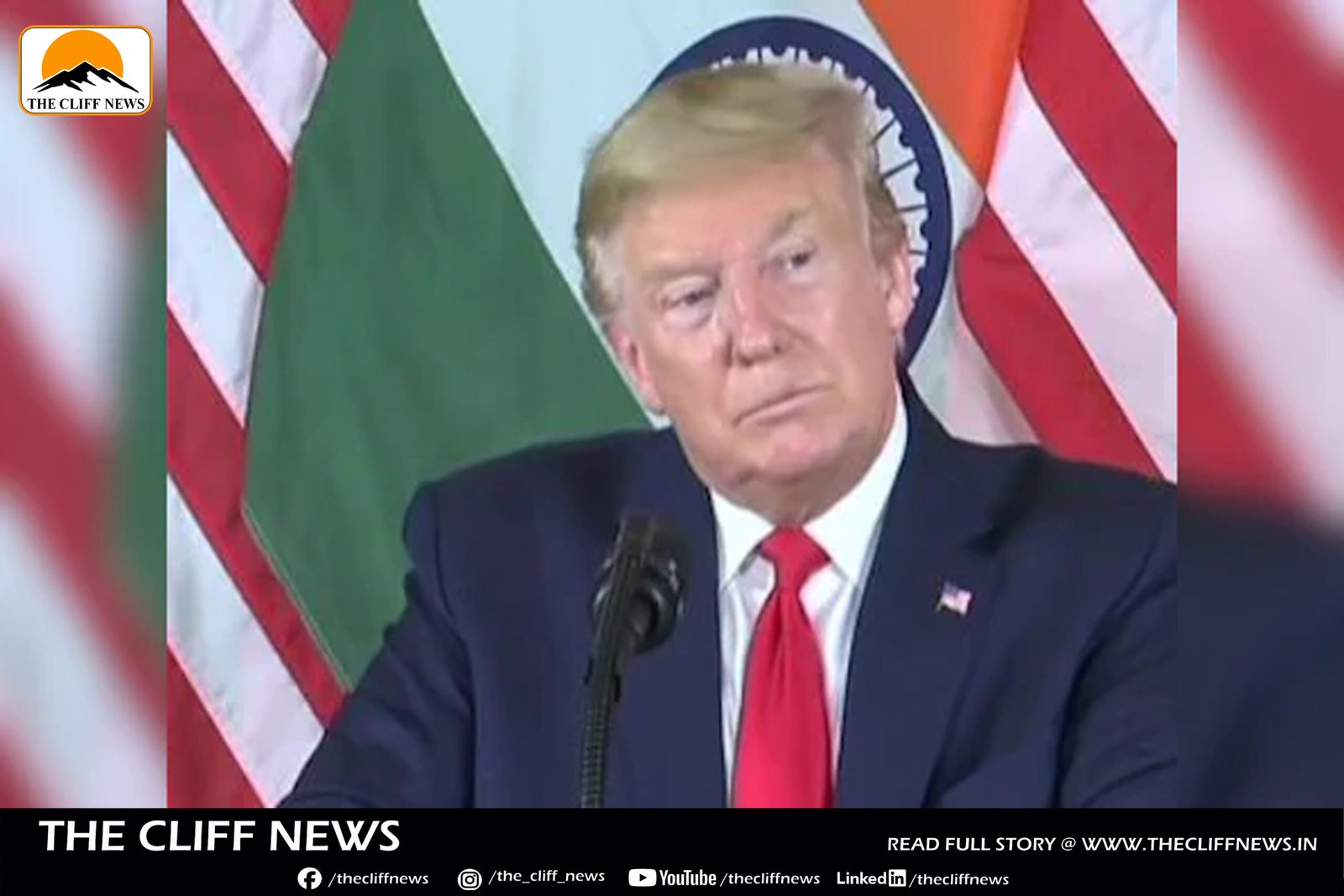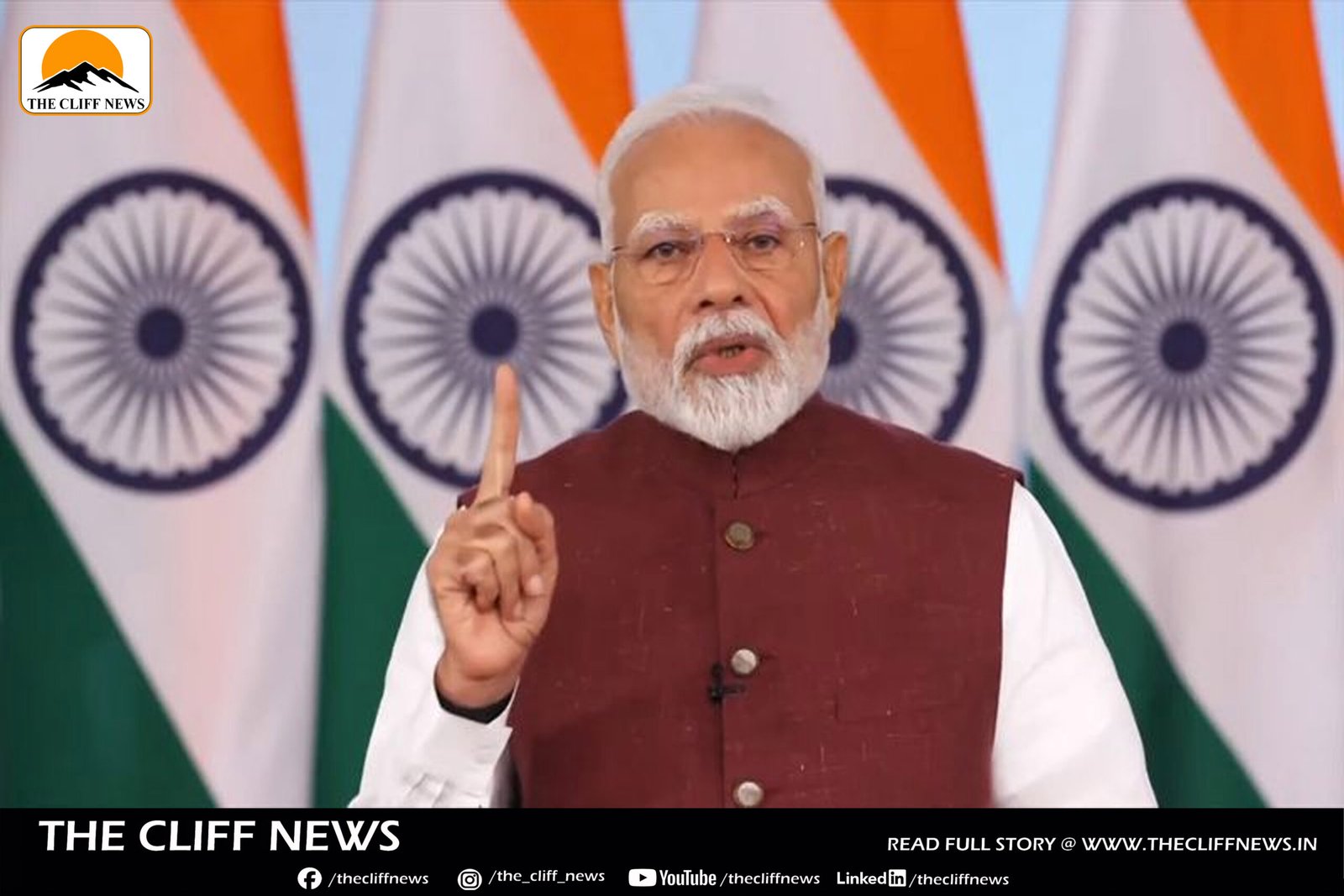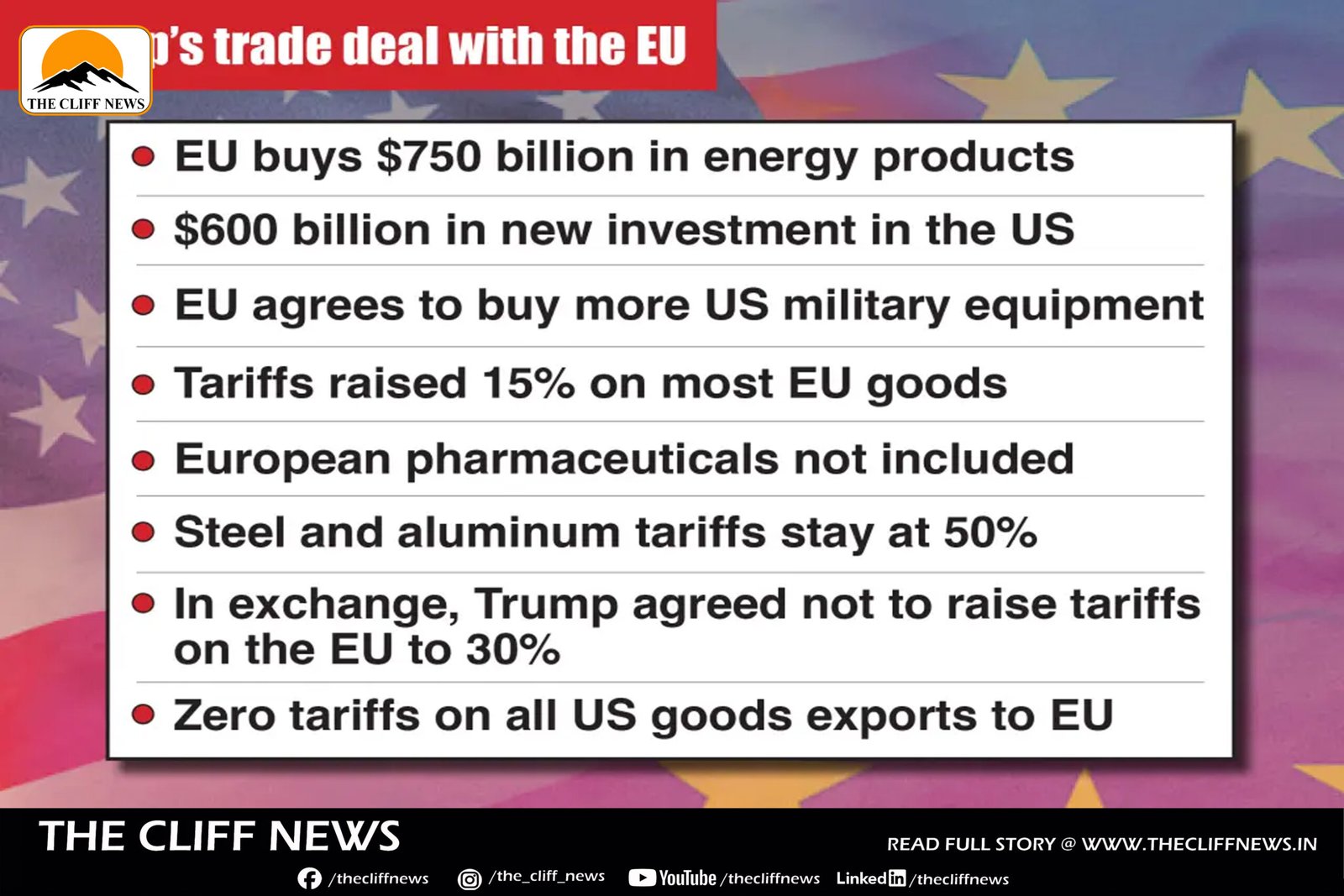Michael Rubin, a senior fellow at the American Enterprise Institute and former Pentagon adviser, has strongly criticized the Trump administration’s silence following the International Monetary Fund’s decision to release a $1 billion bailout package to Pakistan. In a fiery op-ed for the Washington Examiner, Rubin lambasted the move, calling it a direct insult to the U.S. and a reward for what he described as a “terror-addled, pro-China regime.”
Rubin’s comments followed the IMF’s announcement on Friday to disburse funds to Pakistan, a country he labeled as one of the most corrupt globally. “Its move came after Pakistan-based terrorists infiltrated India and executed non-Muslims in front of their families,” Rubin said. He further noted that Pakistani military officials attended the funerals of the attackers in uniform and subsequently carried out strikes against India—actions he believes should have disqualified Pakistan from receiving any international financial assistance.
The timing of the IMF’s decision, according to Rubin, couldn’t be worse. With the U.S. attempting to de-escalate tensions between nuclear-armed neighbors India and Pakistan, he argued the funding only serves to embolden Islamabad and complicate diplomatic efforts.
Rubin also raised alarm over the geopolitical implications, accusing the IMF of effectively bailing out China via Pakistan. With Islamabad already $40 billion in debt through the China-Pakistan Economic Corridor (CPEC), the IMF loan, Rubin argued, indirectly benefits Beijing. “Pakistan is a satrapy of China,” he said, warning that U.S. taxpayers are essentially footing the bill for China’s strategic gains.
Urging a policy reset, Rubin called on the Trump administration to leverage America’s financial clout. “Trump should not tolerate such waste, fraud, or disrespect,” he declared, highlighting that the U.S. contributes more than $150 billion to the IMF. He cited a recent executive order signed by Trump on February 4, which requires a review of all U.S. participation and funding in international organizations within 180 days. Rubin suggested this order should be used to challenge the IMF’s decision and reconsider future commitments.
Rubin ended his critique with a broader condemnation of the Pakistani state. “Terrorist sponsors seldom prioritise their own citizenry’s well-being,” he wrote.
Operation Sindoor and Pakistan’s Military Defeat
In a separate interview with ANI, Rubin praised India’s swift military action—Operation Sindoor—for shifting global perception and exposing Pakistan’s role in cross-border terrorism. He said India’s decisive response shattered Islamabad’s long-standing narrative and revealed its vulnerability.
“Militarily, Pakistan is shocked,” Rubin said. “Pakistan has started every single war with India and yet convinced itself that somehow it has won. It’s going to be very difficult for Pakistan to convince itself that it won this 4-day war.”
He described the Pakistani military’s performance as “disorganised and ineffective,” asserting that Islamabad rushed to seek a ceasefire out of desperation. “They went running like a scared dog with its tail between its legs,” Rubin remarked, adding, “There is absolutely no spin that the Pakistani military can put on what occurred… they not only lost, they lost very, very badly.”
Rubin’s remarks reflect a broader sentiment among some U.S. policymakers and analysts who believe international financial institutions must align more closely with strategic and moral imperatives—especially when dealing with states accused of supporting terrorism.



